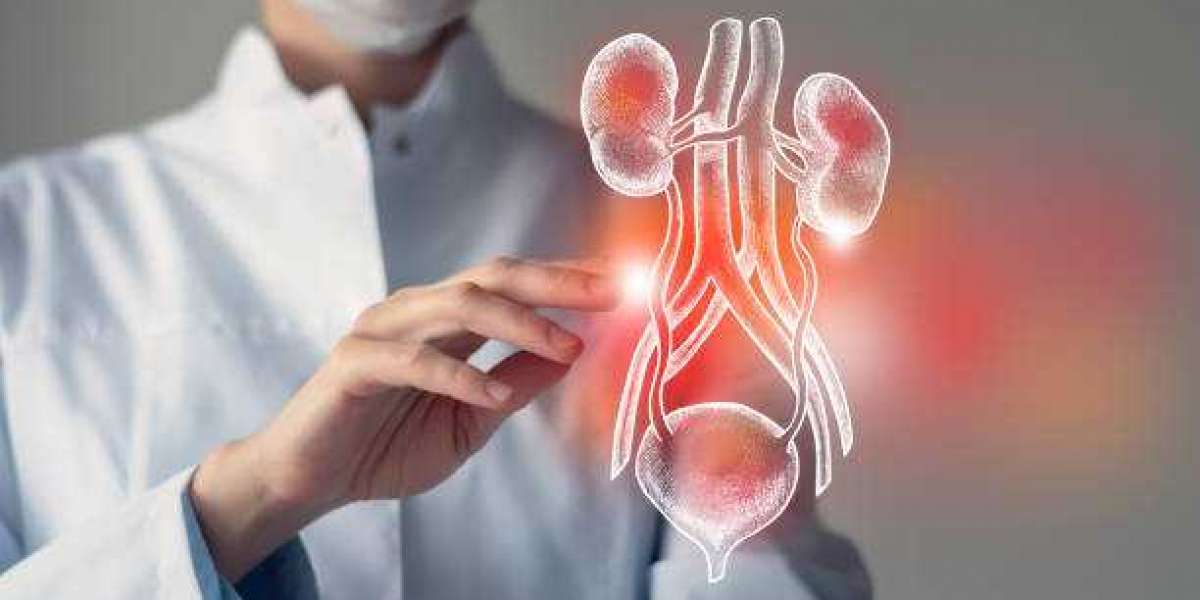Understanding Kidney Stones: Causes, Symptoms, and Treatments
Kidney stones are a common yet painful condition that affects millions of people worldwide. These hard mineral and salt deposits form in the kidneys and can range in size from tiny particles to large stones. Although some people may pass smaller stones naturally, larger stones can cause severe discomfort and may require medical intervention.
What Causes Kidney Stones?
Kidney stones form when the urine becomes concentrated with minerals and salts, allowing crystals to form and gradually grow into stones. Several factors contribute to this condition, including dehydration, high levels of calcium or oxalate in the urine, urinary tract infections, and certain medical conditions like gout. Additionally, a diet high in salt, sugar, and animal protein can increase the risk of developing kidney stones.
Symptoms of Kidney Stones
The symptoms of kidney stones often vary depending on the stone’s size and location. Common signs include:
- Severe pain in the back, side, or lower abdomen
- Blood in the urine, which may appear pink, red, or brown
- Painful urination or frequent urges to urinate
- Nausea and vomiting
- Fever or chills, indicating an infection
Treatment Options
Treatment for kidney stones depends on their size, type, and severity of symptoms. For smaller stones, drinking plenty of water can help flush them out naturally. Pain medications are often prescribed to manage discomfort during this process.
In cases where stones are large or cause significant pain or blockage, medical procedures may be necessary. These may include:
- Shock wave lithotripsy: A procedure that uses sound waves to break up the stones into smaller pieces.
- Ureteroscopy: A thin tube is passed into the urinary tract to remove or break up the stone.
- Surgical removal: For very large stones, surgery may be required.
Prevention
Preventing kidney stones often involves lifestyle and dietary changes. Staying well-hydrated, reducing salt and animal protein intake, and consuming a balanced diet rich in fruits and vegetables can help reduce the likelihood of developing stones. Additionally, individuals with a history of kidney stones may benefit from medications to prevent recurrence.
Kidney stones may be painful, but with proper treatment and prevention strategies, most people can manage and avoid further issues. If you experience any symptoms, it’s crucial to seek medical attention promptly to determine the best course of action for your health.







